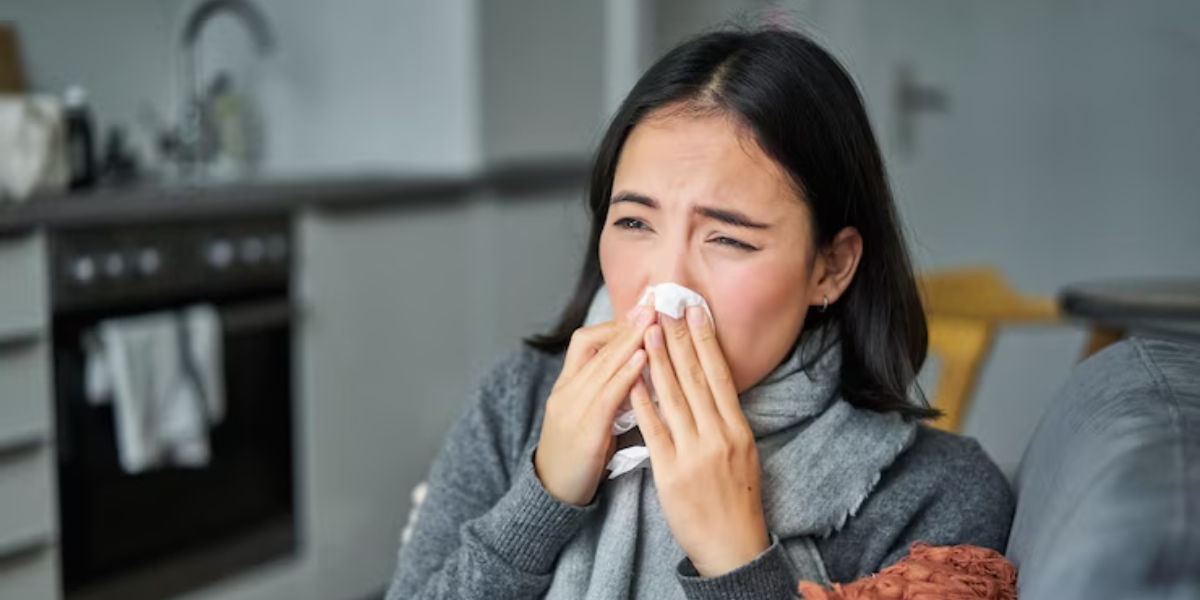While the outdoors can often cause allergies, many of them stem from one’s indoor environment as well. The blotchy, irritated skin you have been getting after a walk outdoors, or the red, watery eyes you have been getting in your house could all be due to allergies. Let’s take a look at the common allergens and how you can better manage and treat your allergies in this allergy guide.
What is an Allergy?
An allergy is an immune system reaction to allergens in your environment. The reaction causes a release of histamine and other body chemicals. These chemicals then cause symptoms that are usually mild, such as a runny nose or a rash.
Common Indoor Triggers
Dust Mites: Tiny bugs that live in house dust, and other materials such as linens, curtains, carpets, and your furniture, these little creatures can survive in all climates.
Mold Spores: They travel through the air and spread indoors upon landing on wet surfaces. Inhaling or touching mold can result in allergic reactions either immediate or delayed.
Pet Dander: The proteins found in your pet’s dander (flakes from the animal’s skin), saliva, and urine can cause dermatitis, hives, or trigger an asthma reaction.
Common Outdoor Triggers
Weed Pollen: These airborne particles are most abundant in fall and on dry, hot, windy days. The most common allergy-causing weed pollens come from ragweed and Russian thistle.
Tree pollen: They tend to be very fine and powdery, which allows the wind to carry them for miles. Tree pollen levels peak during spring. Trees that often set off allergies include elm, oak, cedar, willow, walnut, and birch.
Grass pollen: The types of grass that often trigger allergies include Bermuda, Rye, and Kentucky grass. Grass pollen levels usually peak in summer.
What You Can Do
To reduce your symptoms, it is best you reduce your exposure to allergens. Here are some ways you can mitigate your exposure to them.
Indoors
Filter your Air: You can invest in an air purifier or purchase HEPA (High Efficiency Particulate Air) filters for your air-conditioning unit and vacuums. If your symptoms persist and progress to severe reactions like trouble swallowing or swelling of your face/neck, it may be due to asbestos exposure in your living space, which could be fatal. You will need to apply for an asbestos inspection for your property.
Prevent Mold: As mold thrives on moisture, it is important you keep your home dry. Places to watch out for are shower stalls, bathroom and kitchen counters, house plants, and pails. Mold can be hard to spot sometimes as they hide in between surfaces. If you are unsure about whether there is mold in your house you are unaware about, you can call for a mold inspection by experienced professionals.
Outdoors
Stay off the Grass: To prevent contact with pollen from grass and weeds, try to minimize contact and interaction with them. Exercise on the asphalt or cement sidewalk or at the gym instead if possible.
Cover Up: If you have to come in close contact with grass and weeds due to the nature of your work or merely because you need to mow your lawn, always mask up when doing so and cover as much area of exposed skin as possible to protect your skin by wearing long-sleeved pants and shirts.

